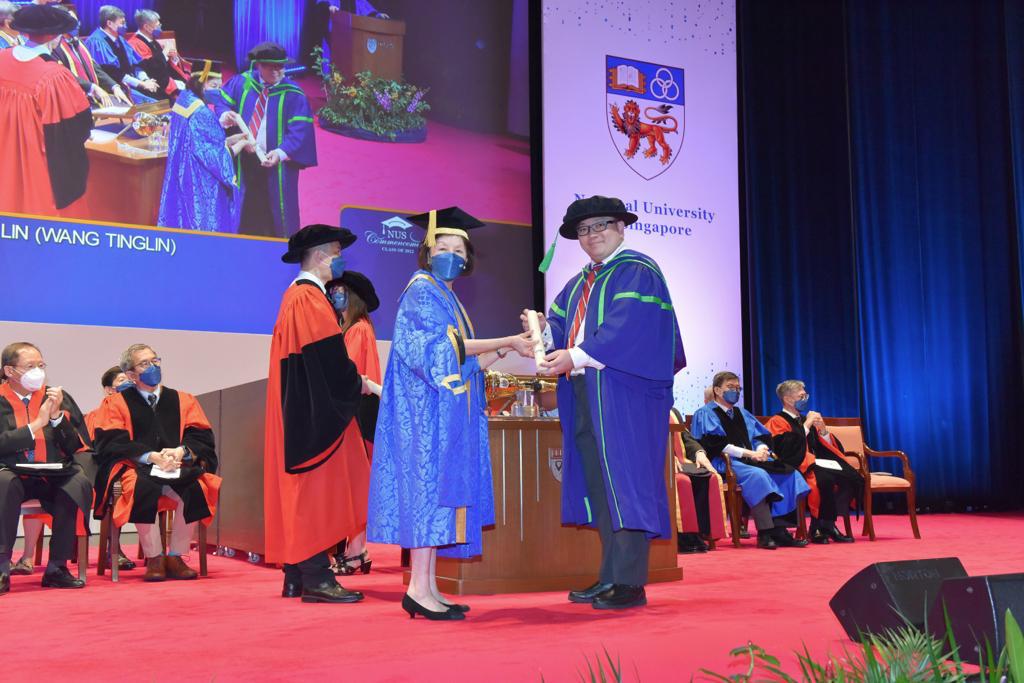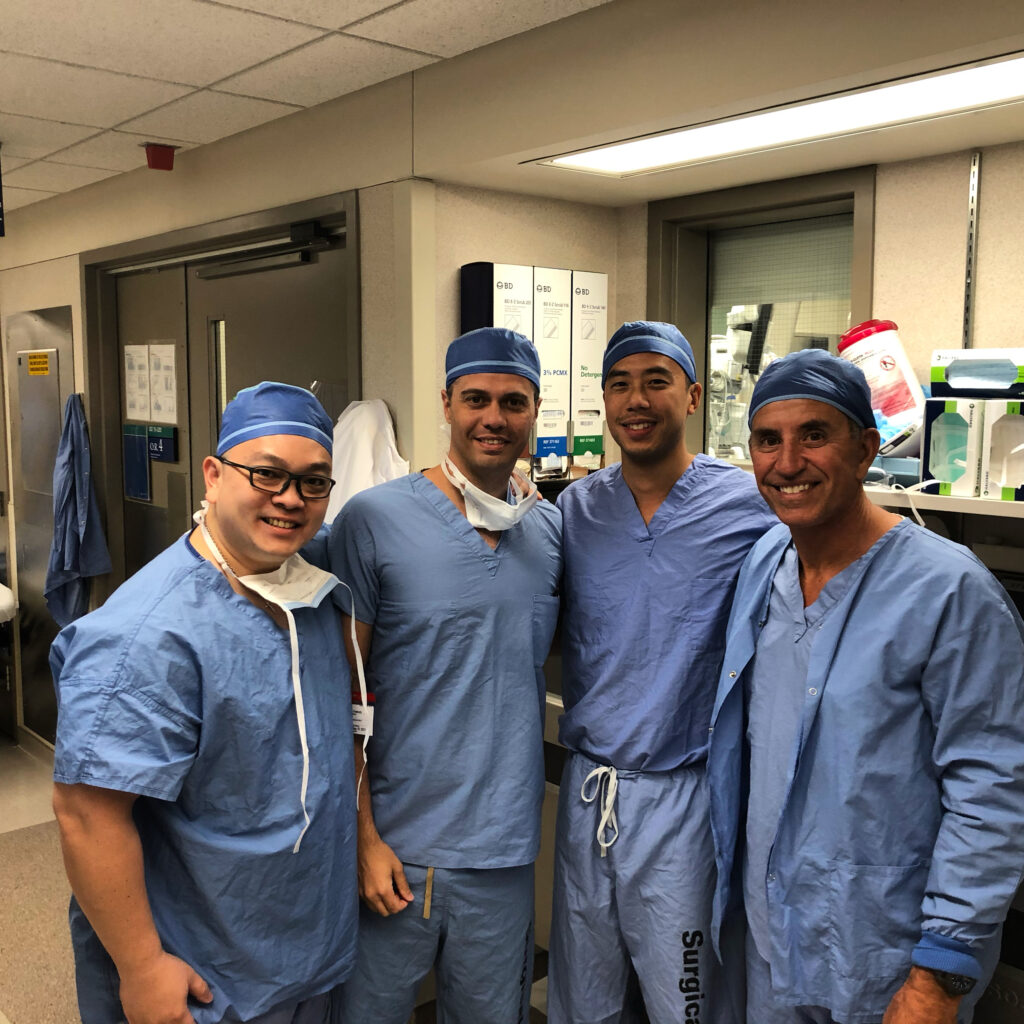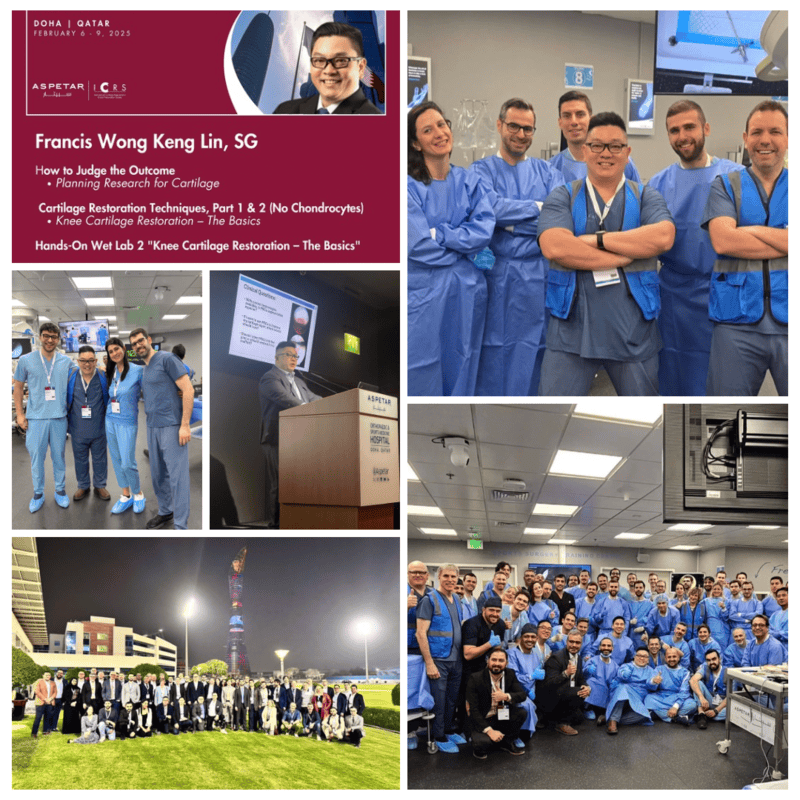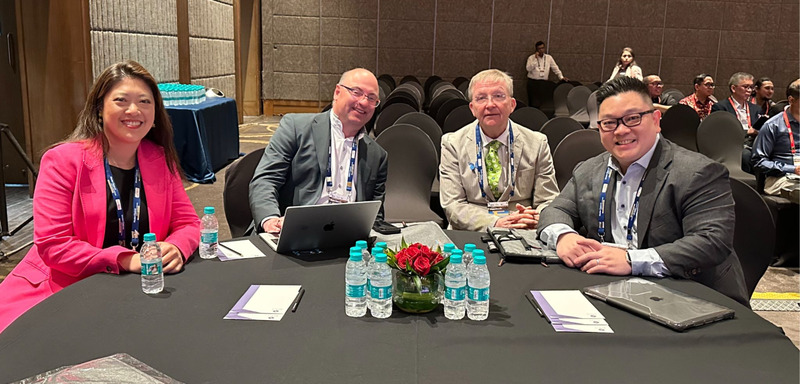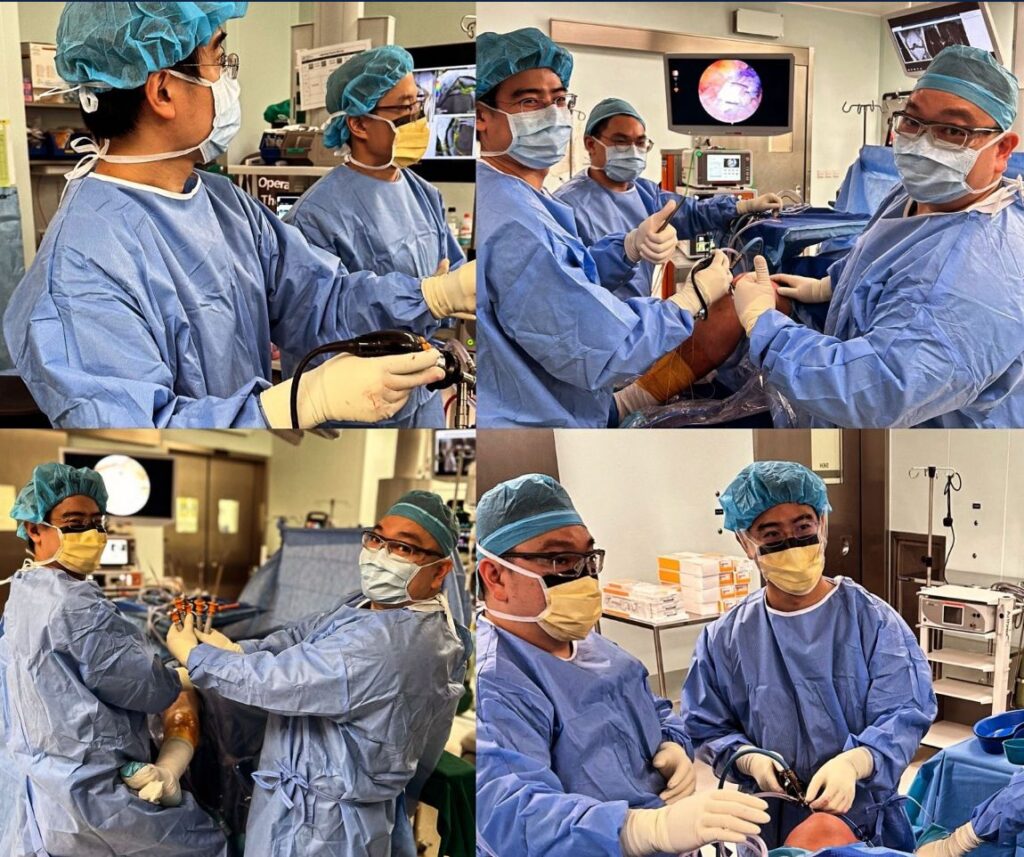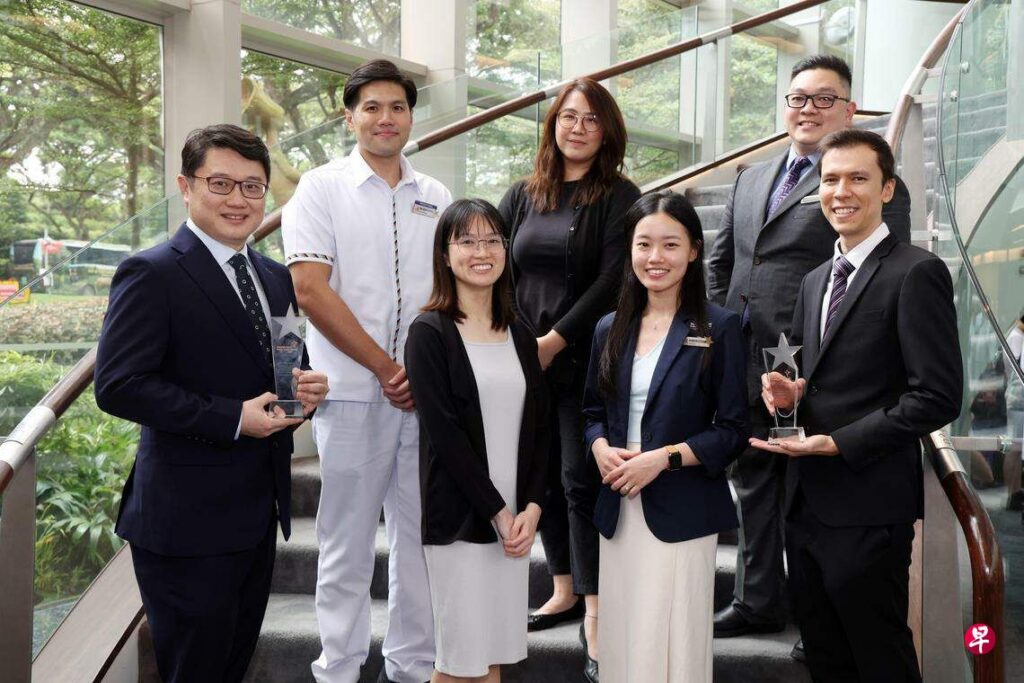

By Oxford Orthopaedics
Oxford Cartilage & Sports Centre
Singapore’s Dedicated Cartilage Centre for Joint & Muscle Health
Led by Dr Francis Wong Keng Lin (FRCSEd (Orth), PhD)
Oxford Cartilage & Sports Centre
Singapore’s Dedicated Private Centre for Cartilage & Joint Preservation
Led by Dr Francis Wong Keng Lin (FRCSEd (Orth), PhD)
Been Around the World, Now Here for You.
Orthopaedic Surgeon-Scientist | PhD in Cartilage Regeneration | Associate Professor
Dr Wong Keng Lin Francis is Singapore’s only orthopaedic surgeon-scientist with a PhD in cartilage regeneration.
Subspecialty Focus

Been Around the World, Now Here for You.
Orthopaedic Surgeon-Scientist | PhD in Cartilage Regeneration | Associate Professor
Dr Wong Keng Lin Francis is Singapore’s only orthopaedic surgeon-scientist with a PhD in cartilage regeneration. He is highly specialised in all aspects of cartilage treatment and surgery, and has performed over 500 cartilage repairs — one of the highest volumes in Singapore.
Subspecialty Focus
Whether it is from a sports injury, early or long-standing wear, damaged cartilage often goes undiagnosed until it causes pain, swelling, or instability.
Cartilage cannot heal naturally on its own. Therefore, early intervention is crucial before it worsens over time.
At Oxford Cartilage & Sports Centre, we specialise in:
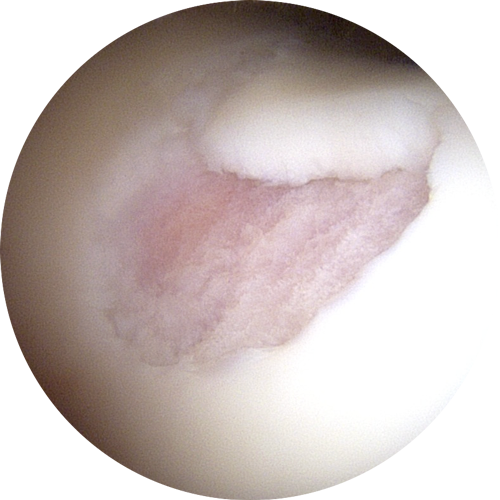
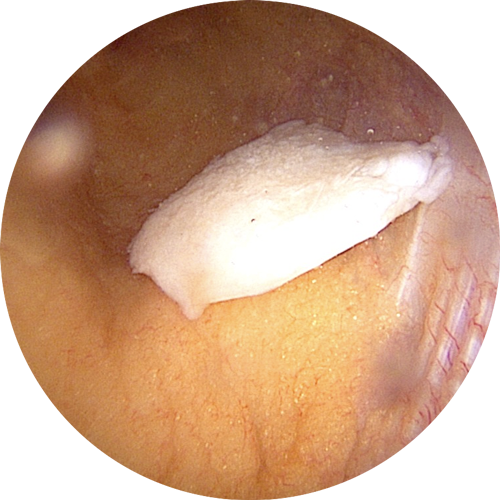
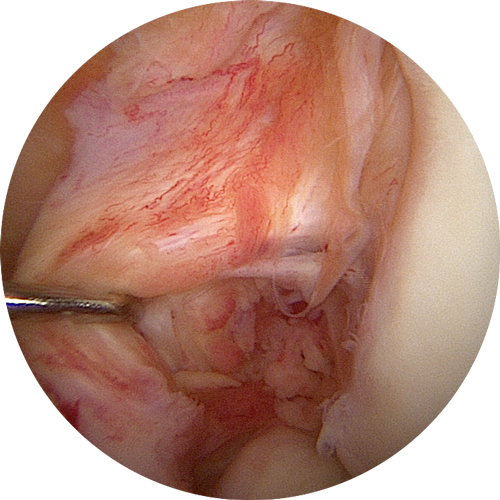
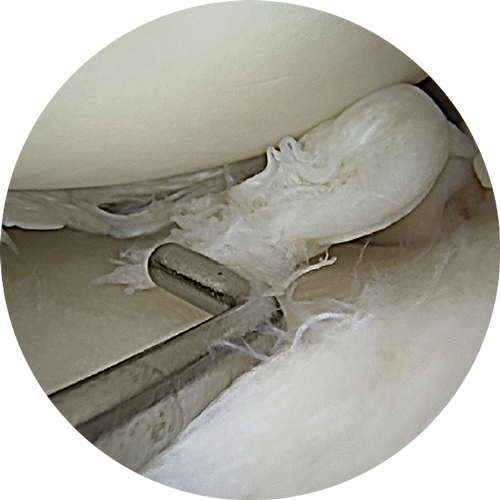
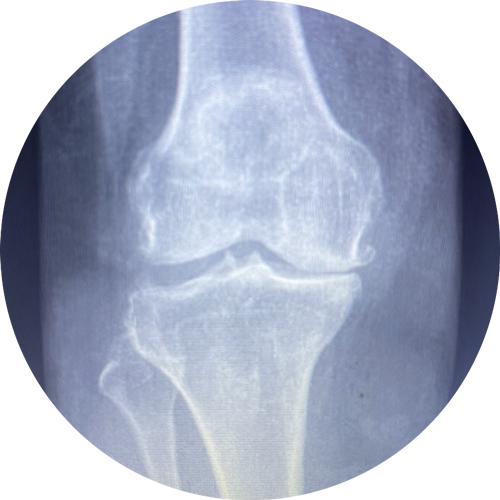
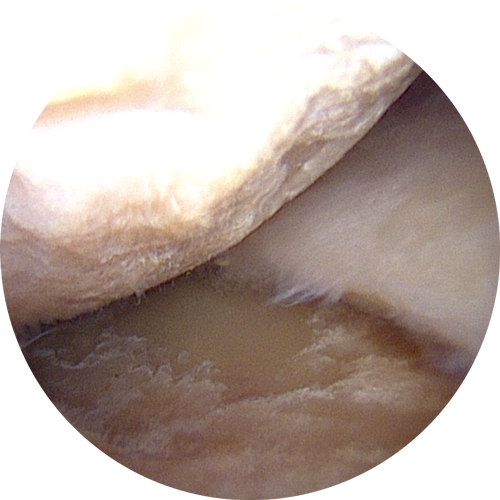
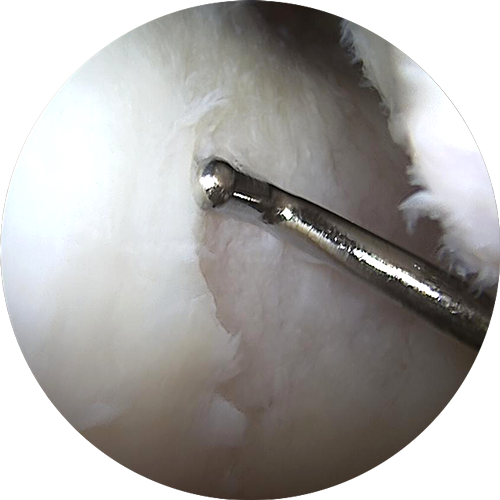
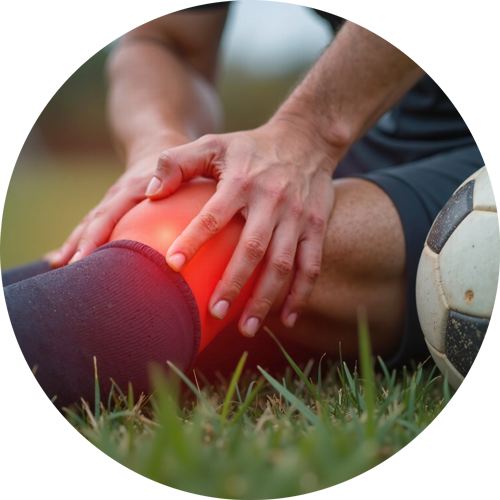
At Oxford Cartilage & Sports Centre, we specialise in:








Our mission is to preserve your joints, delay surgery, and restore comfort using precision diagnostics and minimally invasive treatment.








If you have been told you need microfracture knee surgery or microfracture cartilage repair, it’s important to know the potential risks.
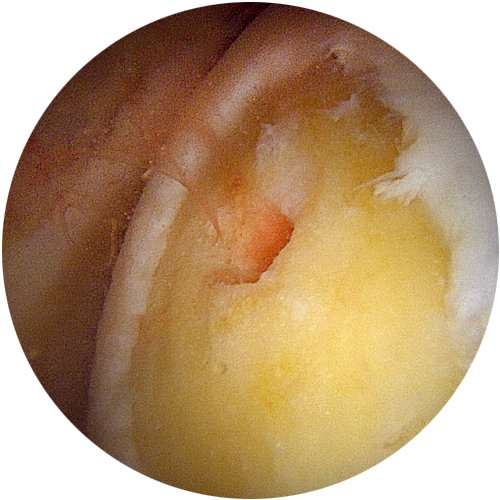
Microfracture surgery was once popular, where small holes are drilled into the bone to stimulate cartilage growth. However, research now shows it often causes more harm than good.
Instead of healthy cartilage, the procedure may:
Worse, it can make future cartilage repair surgeries less effective.
Today, experienced cartilage surgeons like Dr Francis Wong prefer modern techniques such as careful cleaning of the damaged area and using scaffolds with bone marrow concentrate or your own cartilage to support true healing. These modern methods offer better outcomes, less long-term pain, and protect your options for the future.
A Bespoke Treatment Plan, Just for You.
Best for: Early cartilage wear or mild arthritis
Benefits:
Options Include:
Best for: Structural cartilage or soft tissue injuries, such as tears or unstable lesions
Benefits:
Procedures Include:
Using techniques such as AMIC (Autologous Matrix-Induced Chondrogenesis) or AMIC+ (scaffold-based repair, with BMAC or minced cartilage for biologic enhancement).
Learn more under Dr Francis Wong’s Published Cartilage Restoration Techniques.
Best for: Patients with focal cartilage defects or early degeneration. These specialised techniques stimulate new cartilage growth and restore joint surface integrity
Benefits:
Techniques May Include:
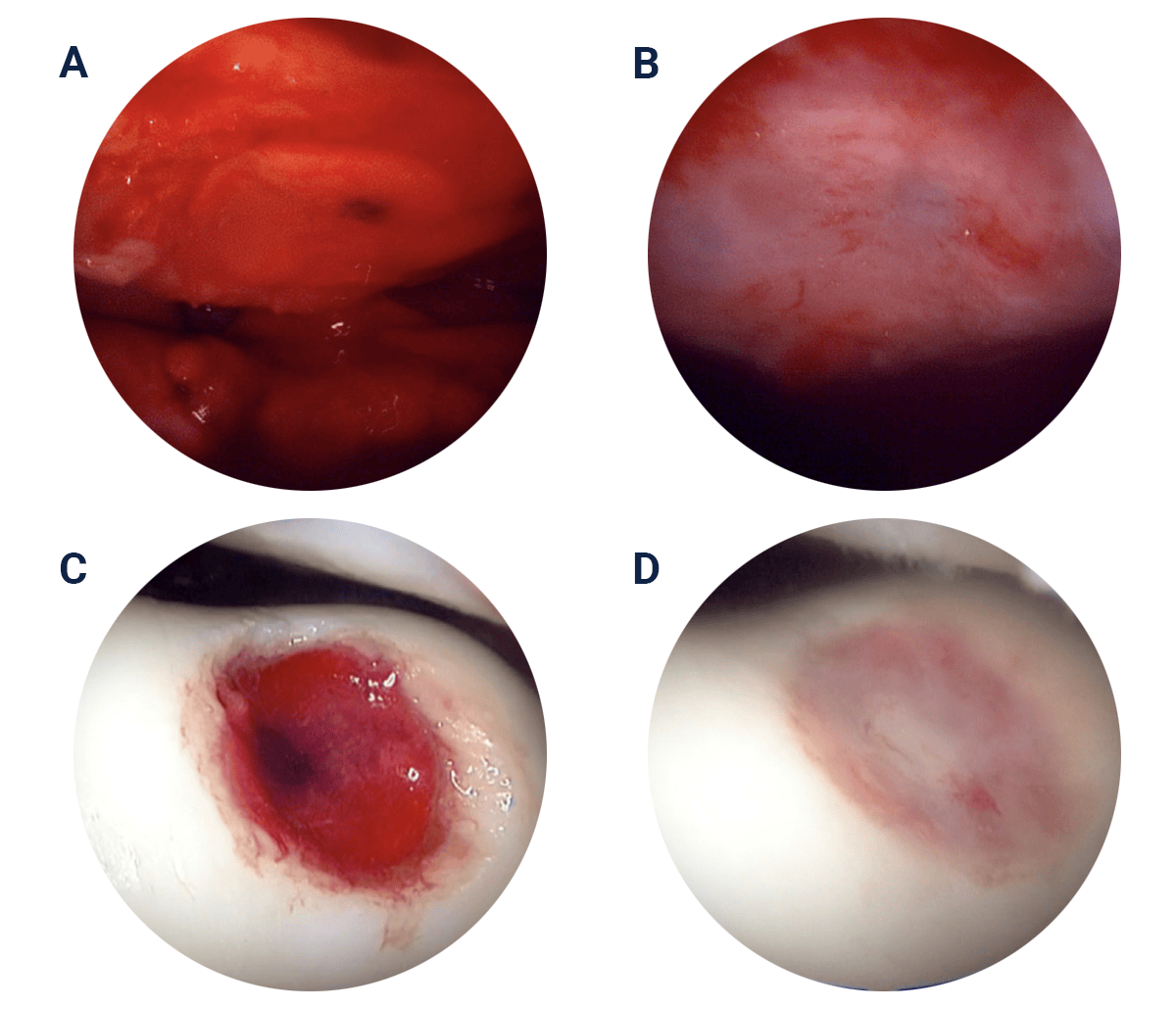
This technique showcases how Dr Francis can template a perfectly shaped scaffold into a defect. The scaffold is augmented with Bone Marrow Aspirate Concentrate to improve clinical outcomes. This paper also demonstrates the preoperative and postoperative considerations.
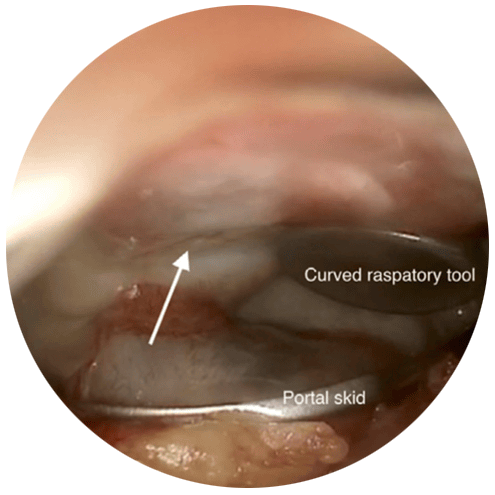
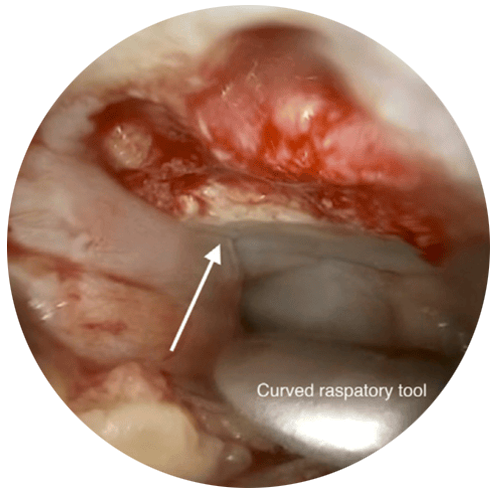
This technique is challenging for many surgeons, who often struggle with handling the patella. In this paper, Dr Francis has demonstrated that it can be achieved, along with the use of minced cartilage, to further enhance clinical outcomes.

Dr Wong Keng Lin Francis is one of Asia’s few orthopaedic surgeons with a PhD in cartilage regeneration, blending advanced science with surgical expertise to guide every clinical decision.

We partner with top imaging centres offering T2 cartilage mapping MRI, capable of detecting early cartilage damage that standard scans often miss, enabling earlier, more targeted treatment.

Our care doesn’t stop at surgery. We collaborate with skilled physiotherapists and podiatrists trained in cartilage rehab to support full recovery.

Dr Wong Keng Lin Francis serves on international committees at the International Cartilage Regeneration & Joint Preservation Society (ICRS) and teaches his surgical technique to surgeons worldwide regularly, ensuring our protocols aligned with the world’s most advanced standards.

We use only clinically validated materials with high quality medical evidence like Anika Therapeutics (USA) and Geistlich (Switzerland), global leaders in orthobiologics and joint preservation products.
Here at Oxford Cartilage & Sports Centre, we would like to walk you through your entire healthcare experience, from your first consultation to your recovery.
This includes working with your insurer during the claims and billings process to ensure a comfortable and hassle-free journey.
For those with Integrated Shield plans with riders for private hospital coverage or Corporate Insurance plans, you can rest easy as we provide assistance in obtaining a Letter of Guarantee (LOG) or Pre-authorisation certificate for your procedure. Additionally, we work with the hospital or surgical centres in processing your medical claims.












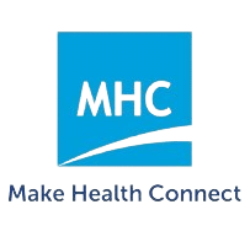


























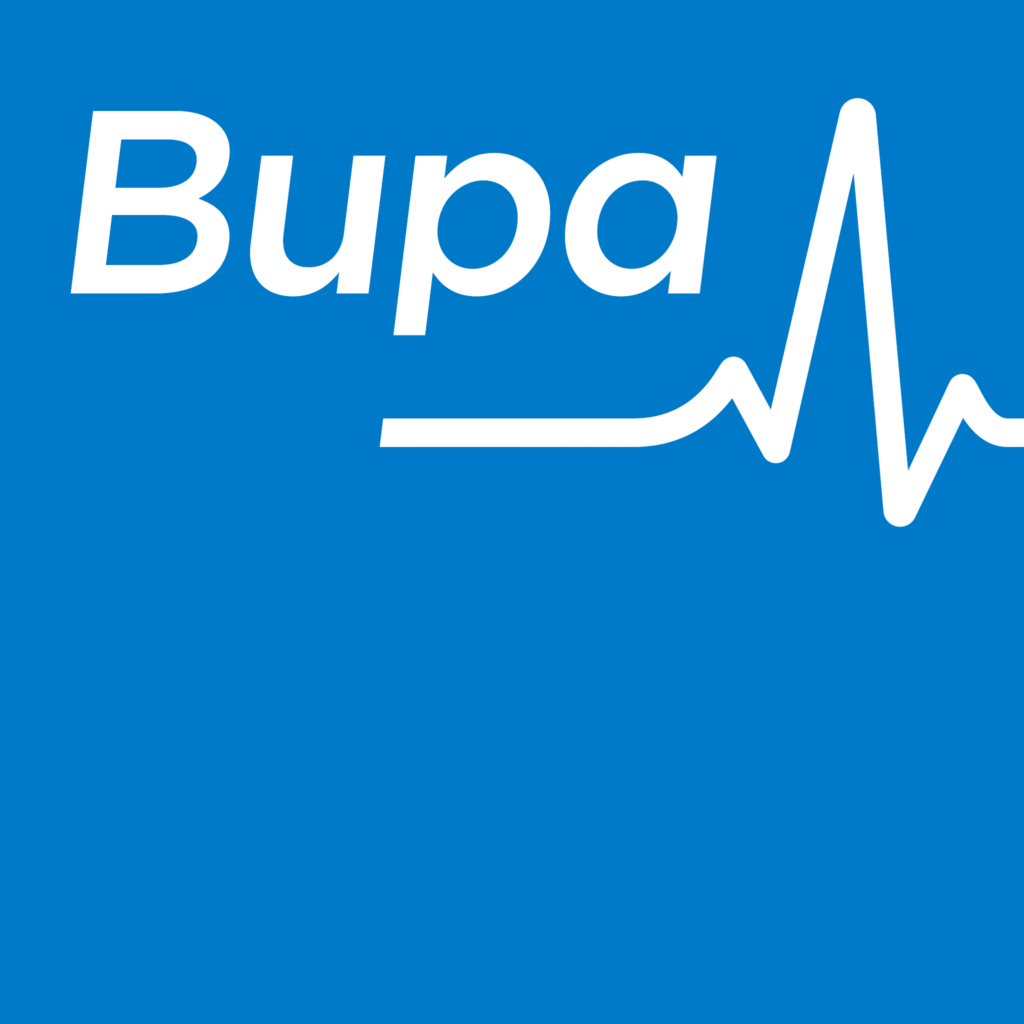
Delaying care can lead to permanent cartilage loss and total joint replacement.
If you are unsure about your treatment options, book a consultation to get your recovery journey started with us.
Cartilage damage often stems from:
At Oxford Cartilage & Sports Centre, we address these issues with non-invasive injections, arthroscopic repair, or partial knee replacement, depending on severity.
Yes. Young adults often experience cartilage injuries from sports — e.g. twisting, jumping, or collisions. If left untreated, these injuries may worsen and increase arthritis risk later in life.
Arthroscopy (Keyhole Surgery) is commonly recommended for athletes or active individuals with early cartilage damage, as it allows precise repairs with minimal scarring or downtime, helping active individuals return to sport safely.
Cartilage doesn’t have a blood supply, which means:
That’s why treatments like Autologous Plasma Therapy and Microfracture Surgery via Keyhole Technique are designed to stimulate healing by reintroducing growth factors.
At Oxford Cartilage & Sports Centre, we tailor your treatment based on the extent of cartilage loss, your age, lifestyle goals, and how your knee responds to initial care, helping you regain mobility and delay joint degeneration over the long term.
Yes. Degenerative cartilage loss is common in people over 50 and is a key feature of early osteoarthritis. Symptoms include:
Early intervention (e.g. gel injections or Autologous Plasma Therapy) can help delay surgery and maintain mobility.
To an extent. Mild improvements may come from:
But once degeneration has started, Hyaluronic Acid Injections (also called gel injections) offer more effective relief by directly restoring joint lubrication. Oxford Cartilage & Sports Centre provides these under image guidance, ensuring effectiveness.
You may be a candidate for cartilage repair surgery if:
Oxford Cartilage & Sports Centre performs microfracture surgery, a form of cartilage restoration, through arthroscopy, creating tiny holes to stimulate cartilage regrowth.
In more advanced cases, partial knee replacement or robotic total knee replacement may be recommended, especially when arthritis affects larger joint surfaces.
Symptoms of cartilage injury include:
A physical examination and imaging (MRI or X-ray) with Dr Francis at Oxford Cartilage & Sports Centre can confirm the diagnosis.
Yes, if you’re in the early stages of cartilage damage. Image-guided injections like Hyaluronic Acid (HA) or Autologous Protein Solution (APS) can:
In many cases, yes.
Image-guided injections, Autologous Plasma Therapy, and keyhole cartilage repair can relieve symptoms and preserve joint health, especially when done early.
But when damage is extensive, Oxford Partial Knee Replacement may provide the best outcome, with faster recovery and a more natural feel compared to traditional replacements.
Oxford Cartilage & Sports Centre offers:
Treatments are customised based on your age, goals, and knee condition, with a focus on keeping you mobile and pain-free.
If joint damage is widespread, partial knee replacement may be discussed. Our goal is to preserve your natural joints first, but we provide honest guidance if surgical replacement is the most appropriate path.
